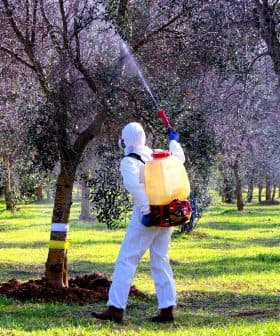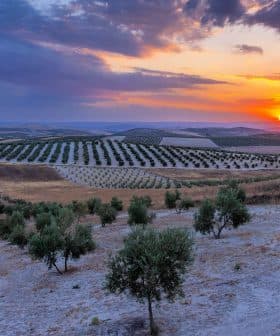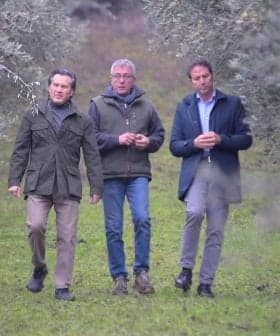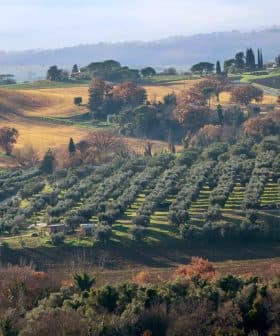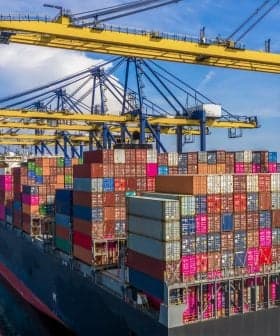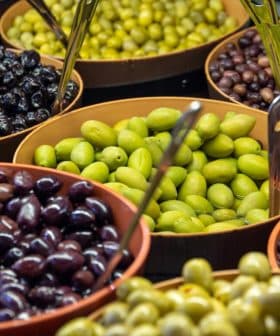Europe Moves Forward with Rules to Prevent Influx of Plant Pests
Measures moved forward to prevent plant pests inadvertently entering EU territory and ensure that rapid response mechanisms are in place to quickly eradicate infected plants.
The European Parliament’s Agriculture Committee approved new rules to prevent plant pests like Xylella fastidiosa from entering the EU, aiming to protect biodiversity and plant products while ensuring rapid response mechanisms are in place. The measures include a preliminary assessment mechanism to ban risky plants, a plant passport system for imports, and multi-annual surveys to detect pests, with the draft rules endorsed by the Agriculture Committee and awaiting final approval by the European Council and Parliament.
The European Parliament’s Agriculture Committee endorsed new rules to reduce the risk of plant pests like Xylella fastidiosa from entering the EU.
The proposed measures aim to prevent plant pests inadvertently entering EU territory and ensure that rapid response mechanisms are in place to quickly eradicate infected plants.
Plants pests and diseases do not respect borders and we need to protect our biodiversity.
Plant pests can have devastating effects on plant products and livelihoods. Xylella fastidiosa has decimated acres of olive groves in Apulia (Puglia) and there are other reported infections in Corsica and mainland France.
“Plants pests and diseases do not respect borders and we need to protect our biodiversity by laying down basic procedures for all 28 EU member states to adopt,” said Agriculture Committee rapporteur Anthea McIntyre in a press release by the European Parliament. “At the same time, we must be careful not to stifle trade in plants and plant products by introducing unnecessary layers of bureaucracy. This report strikes the right balance by protecting trade while allowing us to respond to threats in a coordinated way across the EU.”
Under the new rules, a “preliminary assessment mechanism” would be created to identify potentially risky plants and plant products so their import into the EU could be banned. Also, all plants and plant products from non-EU countries would require a plant health certificate for import into the EU and be subject to the recently proposed“plant passport” system.
Only plants imported by private individuals for use in home gardens would be exempt from the requirements. At the same time, all EU member states would be required to carry out “multi-annual surveys” in order to detect possible pests and come up with an eradication plan. Existing rules governing compensation for growers whose infected plants are eradicated will also be updated.
The new draft rules, which had been approved by European Parliament and European Council negotiators in last December, were endorsed through the voting procedure by the Agriculture Committee on April 26. The next step is formal approval by the European Council, before the Agriculture Committee gives its final approval and forwards the text for second reading and approval by the European Parliament as a whole.


